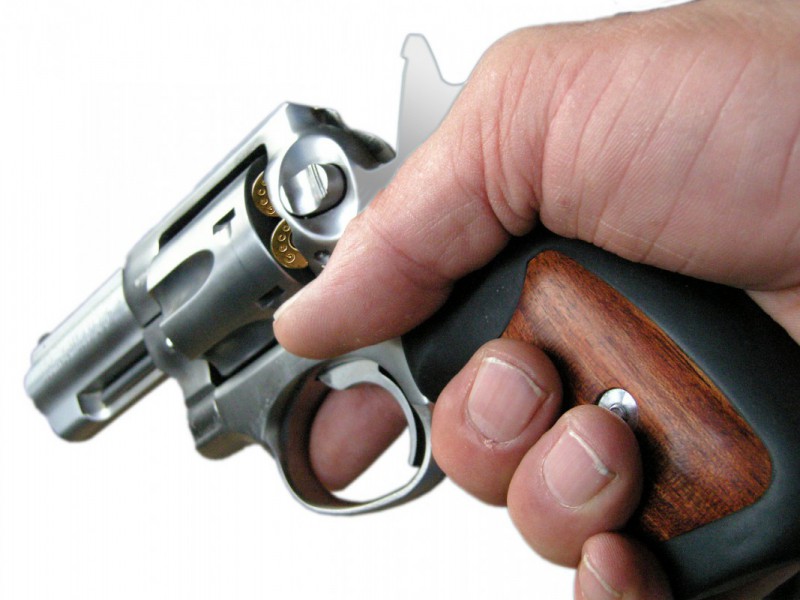The language of the Second Amendment seems straightforward: “A well regulated Militia, being necessary to the security of a free State, the right of the people to keep and bear Arms, shall not be infringed.” Yet the debate rages on: Does each American citizen have the right to own firearms or not?
Last year, the U.S. Court of Appeals for the Fifth Circuit said yes. Citing historical evidence that clearly shows the Second Amendment was intended as a personal right, the Court said the Constitution guarantees to each individual American the right to keep and bear arms. The Justice Department soon adopted this interpretation.
Wrong, the Ninth Circuit recently responded. In an opinion penned by one of the same judges who declared the phrase “under God” in the Pledge of Allegiance unconstitutional, the Court recounted different historical evidence to conclude that the Second Amendment protects only the right of the people to maintain an effective militia. In other words, the amendment doesn’t protect individual rights at all.
With the decision of the Ninth Circuit, the issue is ripe for resolution by the Supreme Court. Indeed, some observers say that the Ninth Circuit’s ruling is something of a challenge to the Court, deliberately setting up a conflict between it and the Fifth Circuit and daring the federal government to look the other way. It’s been more than 60 years since the Supreme Court last considered the question, so it may not be able to avoid resolving it much longer.
The issue isn’t so much the amount of regulation. Hardly anyone, including the vast majority of those who say the Second Amendment protects an individual right, suggests that the amendment is an absolute prohibition on all government regulation of the use and ownership of firearms. Yes, they say, the amendment doesn’t prohibit the government from making it illegal for the average citizen to own, say, a grenade launcher or an anti‑tank missile. And yes, those who own automatic weapons should register them.
No, the issue isn’t “reasonable regulation.” Everyone agrees that within some reasonable bounds, the government can and should regulate who owns which types of weapons.
What then lies behind the conflict? A question as old as civilization itself: Exactly how much power does the government have to regulate individual conduct? Our Founders’ answer to the question was plain: The Constitution comes down squarely on the side of limited government and individual liberty. Our entire Constitution resonates with the idea that “that government is best which governs least” — and the Second Amendment is no exception.
This view was widely held at the time the Constitution was framed. One commentary on the Bill of Rights, published anonymously in the Pennsylvania Gazette in 1788, asked: “Who are the militia? Are they not ourselves? … Congress has no power to disarm the militia. Their swords




